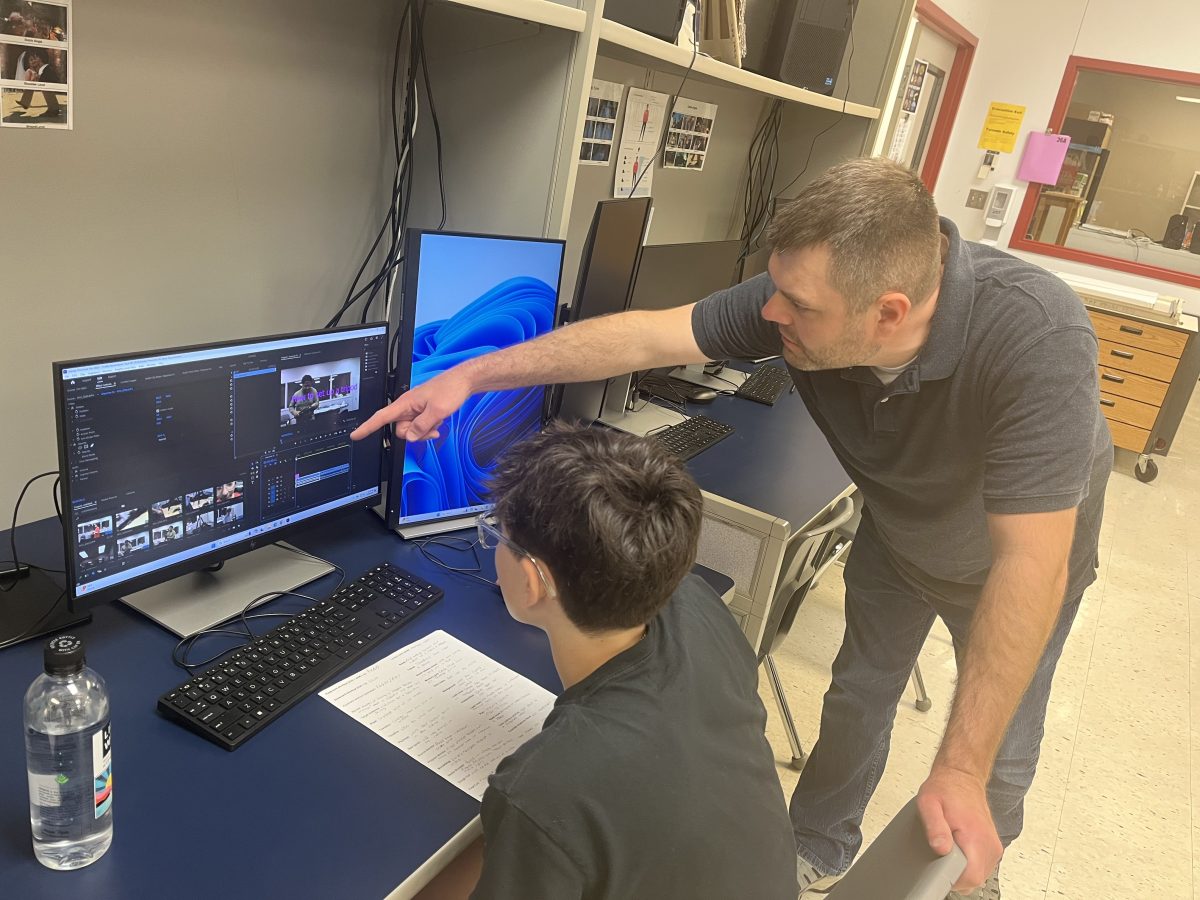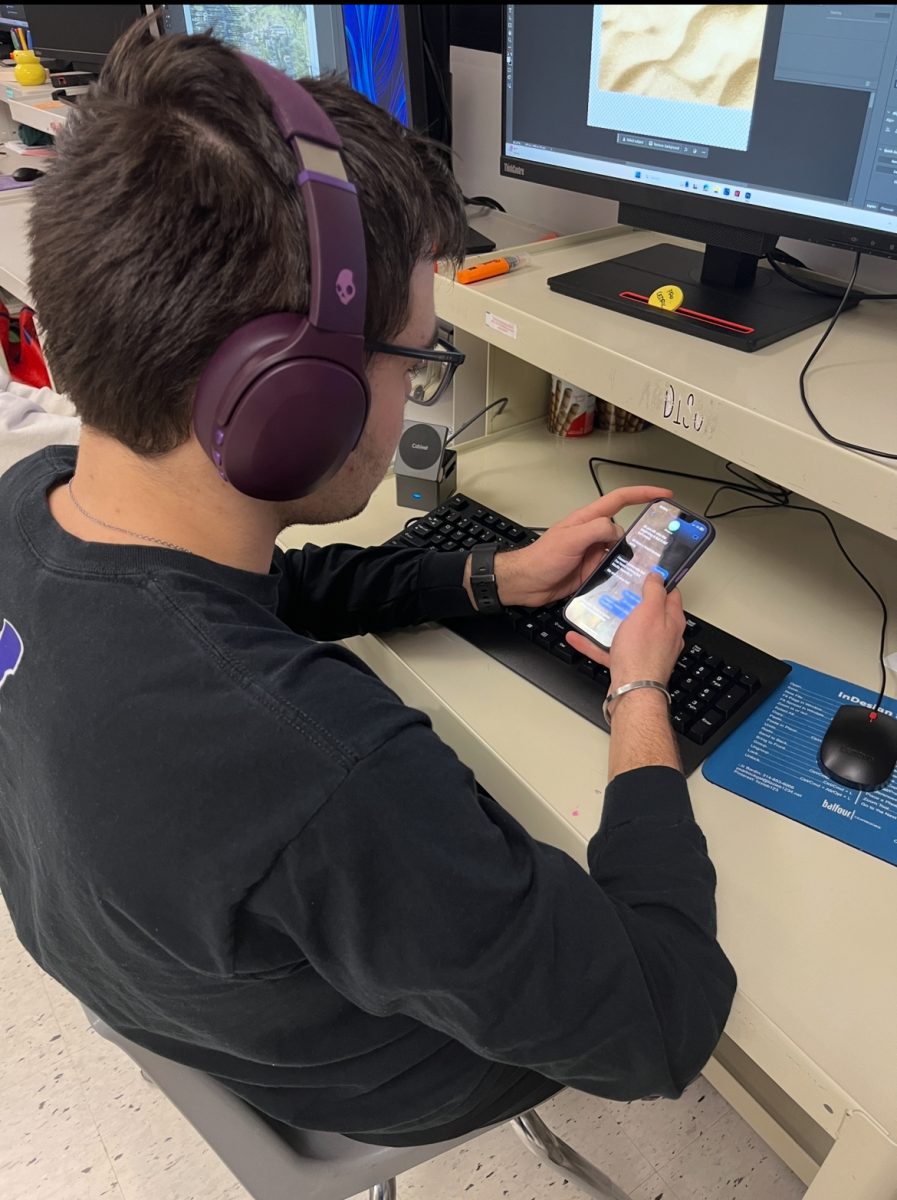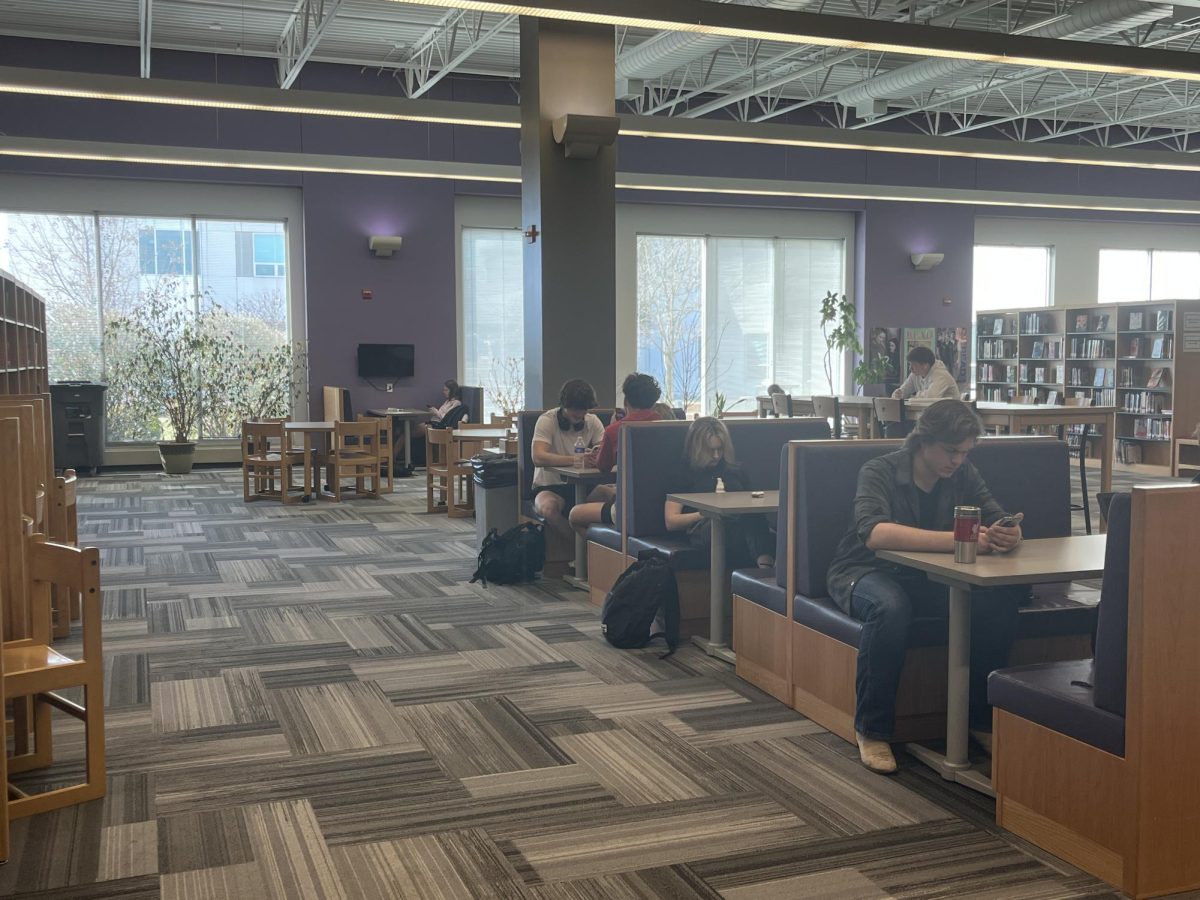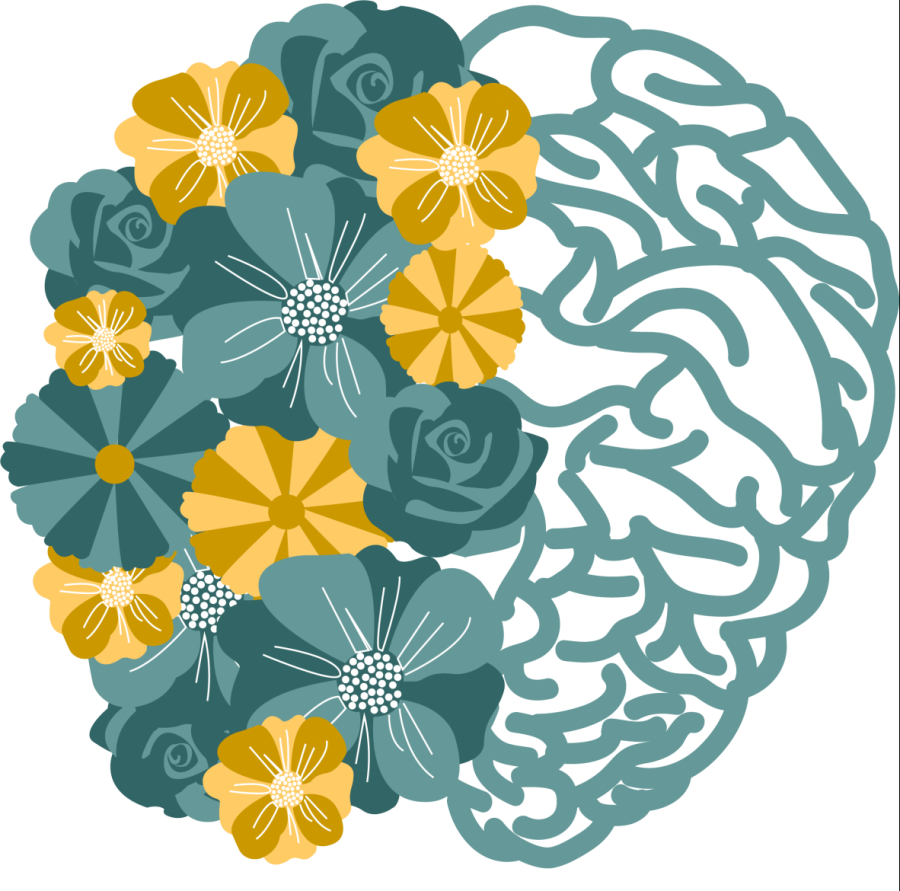Thoughtful Therapy
Attending therapy should not be stigmatized
Over 26% of people have a diagnosed mental health disorder according to the World Health Organization, yet our society consistently creates a stigma around those struggling with mental illness. Especially during the COVID-19 pandemic, young people need resources and help to maintain their mental health and therapy is the answer.
“There’s a stigma around therapy due to the fact that mental health scares us,” AP Psychology teacher Wendy Koch said. “If I tell you my arm is broken, you tell me to see a doctor and get it fixed. If I tell you my mind is broken, you think the worst. I am dangerous to you or myself, I can’t properly function, I am insufficient and less able to care for myself or others. The only reason there is stigma with therapy is because of the stigma of the illness itself.”
According to forbes.com, a huge benefit of talk therapy is that its effects are long-lasting. This is because you are not only working through problems, but you are also developing the tools to help you deal with future problems.
“Seeking the skills of an expert helps the individual with understanding their diagnosis, receiving help with identifying the whys and hows of their diagnosis and getting ‘homework’ or coping strategies,” Koch said. “If an individual continues struggling with the effects of mental health and does not seek help, they will likely gradually get worse.”
Because of the stigma and concerns surrounding mental health, over 3.5 million people in the United States alone have gone undiagnosed for mental illness in the last 20 years, according to mentalillnesspolicy.org. One of the major concerns about therapy is the cost. According to healthline.com, most therapists charge between $75-$150 per session even with health insurance coverage. There are, however, many options that are more affordable. For example, there are sliding scale therapists that charge lower fees. According to the Psychotherapy Collective, sliding scale therapists are licensed mental health professionals such as social workers, psychologists and psychotherapists who are trained to treat concerns, like anxiety and depression, but most do not have treatment specializations like postpartum depression, complicated grief, or post-traumatic stress disorder which allows them to adjust their hourly fee to make treatment more affordable for the client.
There are also many online resources. Many websites and mobile applications are available for reduced fees or no cost and can be very useful for those who do not have the means to attend in-person sessions. Talkspace and Betterhelp are both highly recommended online counseling that range from $35 a week to $80 a week according to the American Psychology Association (APA). The APA also states that online therapy can be as helpful as meeting with a therapist in person. However, they caution those with more serious mental health concerns, like schizophrenia, PTSD and substance use disorder, as they often need more attention and care.
In addition to seeking in-person and online therapy, mental health apps, like Calm, Headspace and Expectful can teach meditation, relaxation, and breathing exercises. Not only do these apps help create a habit of self-care, but, according to calm.com, meditation can increase well-being. Local group sessions or support groups are another way to seek help. Attending with a friend or family member can reduce the fear of being alone and create a more positive atmosphere.
With solutions to both the availability and accessibility problems, we are only left with stigmas preventing individuals from maintaining their mental health.
“As a Professional Therapy student getting my Masters Degree I had to go through group therapy as part of my necessary curriculum,” Koch said. “It provided insight into how therapy can be run and how individuals should progress through therapy. I do believe it should be readily available for those who do need it or want it.”
Overall, society’s stigma surrounding mental health and therapy is only hurting us. We need to accept help and be able to work through our struggles with mental illness. We need to treat mental illness with the same severity as physical illness and provide our youth with resources and help.
“The availability of therapy is incredibly important to our societal health and needs,” Koch said. “The more people who learn coping skills and who may be able to be fully functional with and understanding of, their mental health situation, the more productive and interactive our society can be. We as humans need each other, and we need each faction of society to function well so as to create a high functioning productive society. Reciprocally, the better functioning and more interactive our society is, the more healthy, independently happy, mentally stable individuals we have.”































